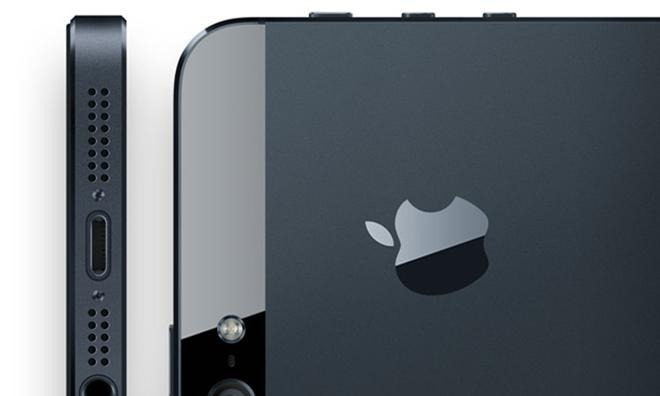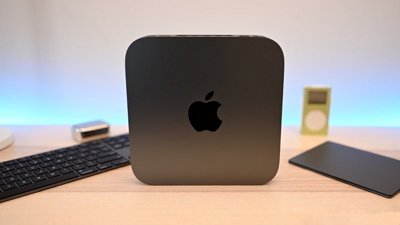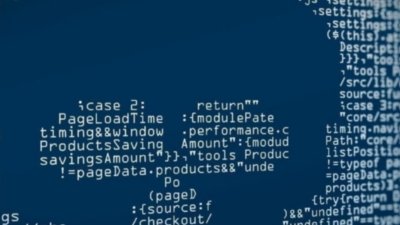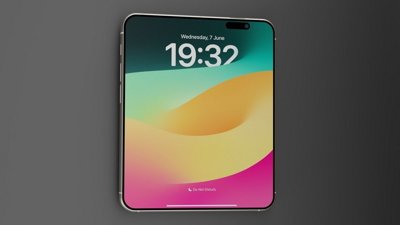A group of disgruntled iPhone owners filed a lawsuit against Apple on Thursday for allegedly concealing a defect that caused iPhone 5 and 5s models to switch away from Wi-Fi to cellular data without users' knowledge, resulting in high cellular bills.
According to the class action complaint filed with the U.S. District Court for the Northern District of California, the flaw was first discovered in 2012 shortly after Apple launched iPhone 5 and the iOS 6 mobile operating system.
The supposed defect lies in how iOS 6 interacts with Apple's then-new A6 system-on-chip design when managing wireless data transmission. With three GPU cores, the A6 was for the first time capable of processing large blocks of streaming video and audio without the aid of its two CPU cores. As a result of offloading video processing to the GPU block, iOS 6 would put the CPU to sleep to save power. Powering down the Swift core also triggered the Wi-Fi transmitter to shut down, leaving the cellular radio active for data connectivity.
Since the process takes place in the background, and only after a "few minutes" of streaming, users unwittingly burned through data, the lawsuit claims. Plaintiffs further allege Apple was made aware of the issue "almost immediately," but took no action until the release of iOS 8.1 in October 2014.
While the technical details will be fleshed out in evidentiary proceedings, the suit's argument as to why Apple shipped a faulty product, and later turned a blind eye to resulting problems, is less convincing. According to plaintiffs, Apple rushed out iOS 6 and iPhone 5 amid increased pressure from smartphone rival Samsung, which had recently surpassed Apple as the leading U.S. smartphone manufacturer earlier in 2012. To catch up, the suit suggests Apple released iOS 6 without properly vetting the software.
The complaint notes Apple released iOS 6 "in just over three months after testing only four beta versions," as compared to the seven iOS 5 beta versions issued over four months. Further, when Apple did hear of the defect, it "refused to publicly admit that the new phones were fundamentally flawed" because "disclosing a major defect that made the phones uncompetitive would erode the sales of the marquee iPhone 5 and cause users to distrust iOS 6," the suit claims.
Aside from the potentially false assumption that Apple rushed out iOS 6, and a general misunderstanding of software development, the complaint fails to reconcile Apple's actual release dates. For example, iOS 5 was announced on July 6, 2011, and released three months later on Oct. 12 of that year. Apple's iOS 7, iOS 8 and iOS 9 saw similar launch windows, each being unveiled at WWDC in June before shipping three months later in September. Following the lawsuit's logic, iOS 5 should be considered delayed, not rushed.
Plaintiffs also claim that Apple pushed out a carrier update for users on Verizon's network within two weeks of iPhone 5's launch, though the software appears to address an unrelated issue that caused iPhone 5 to chew through cellular data despite being connected to a Wi-Fi network. That problem seems to be tied to iOS 6, as owners of iPhone 4 and 4s models also reported excessive data charges — on various carriers — after installing the operating system.
The case has not been assigned a judge and does is not yet scheduled for hearing.
 Mikey Campbell
Mikey Campbell







-m.jpg)






 Andrew Orr
Andrew Orr
 William Gallagher
William Gallagher
 Malcolm Owen
Malcolm Owen


 Bon Adamson
Bon Adamson
 Marko Zivkovic
Marko Zivkovic
 Amber Neely
Amber Neely


-m.jpg)






16 Comments
So why is the 5s involved?
Sounds legit. /s
I used the iPhone 5 for three years on Verizon and never "chewed through" data even once...
What were these users doing??
I hate class action lawsuits like this.
Another ridiculous lawsuit. It's up to the user to make sure they are still connected to a wifi connection. All it takes is seconds to look at your phone to see if there is a wifi logo.